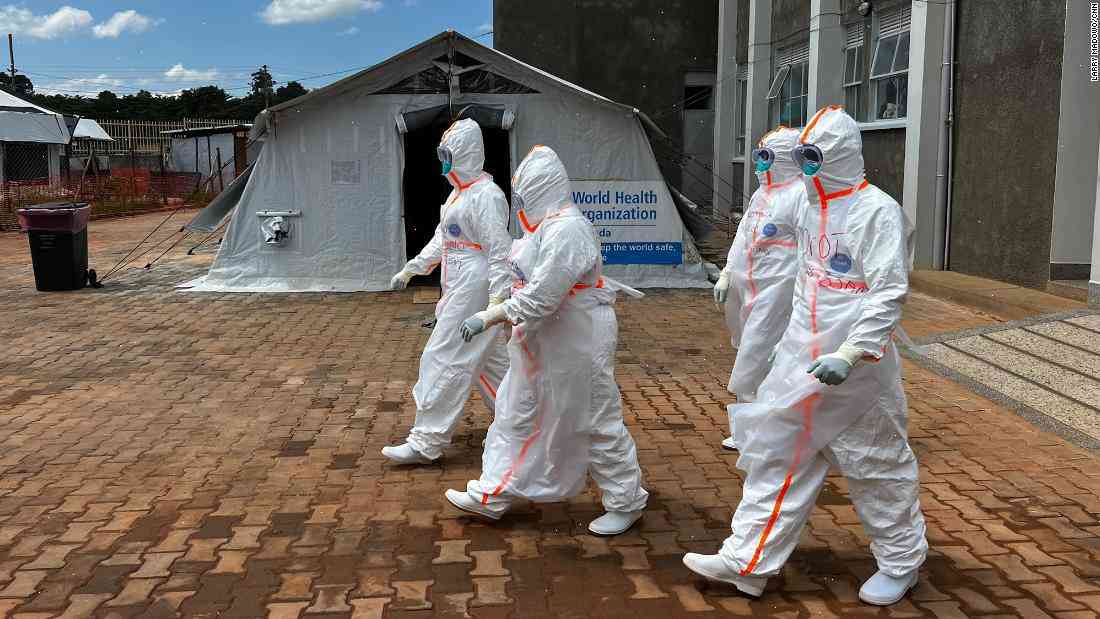‘Ebola is real’: Uganda to trial vaccines and shut schools early to contain outbreak Read more
Saving lives is the aim of all efforts to contain Ebola, but the risk that the virus will mutate is high. The biggest obstacle is the difficulty of detecting early signs of the virus.
However, if the virus does mutate, its spread and severity will be much greater.
The fear of a mutating virus can be a powerful motivator for people to protect themselves, and for officials to take action. The reason I am speaking now is that the fear of a mutating Ebola virus has been raised by a case that has had the potential to become a very bad case indeed.
The virus is, to use the vernacular, “the bad one” as it is the first time West Africa has seen the disease.
So, the first case was announced at a village on the shores of Lake Albert in western Uganda on 22 November.
The man, a 51-year-old farmer, was taken out of his home hospitalised with suspected Ebola, but the official cause of his illness is still being investigated. He was treated in the Ugandan capital, Kampala, where he died three days later.
The case, which the government is treating as suspicious, makes a number of points about the nature of this deadly virus: the fact that it has a very high mortality rate; the fact that it spreads easily through contact with blood, sweat and the bodily fluids of sick people; the fact that it is relatively resistant to antibiotics and, most worryingly, not known to have any cure.
If all these points are correct, then we need to think about what we might do to contain an outbreak.
But that is not the only point that the Ebola virus is making.
What we also need to keep in mind is the potential of a virus whose spread is so uncontrolled that a vaccine will probably be impossible.
We’re already seeing this in West Africa. Liberia has the largest Ebola outbreak on record, with more than 600 cases since the start of June 2018. In Sierra Leone, more than 10,000 cases have been reported since the outbreak began.
But even in the more peaceful West African nations, the outbreak that started in Guinea three months ago in July has already spread to Sierra Leone and Liberia.
The World Health Organization (WHO) has warned that the virus

